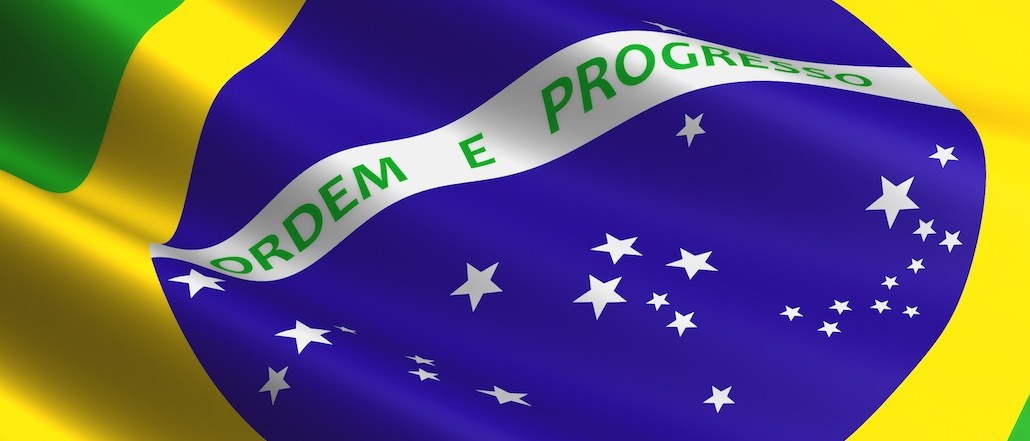Last chance to save on Digiday Publishing Summit passes is February 9

This is Global Creative, a series by Digiday that highlights the nuances of advertising scenes in different parts of the world through the eyes of an established local creative.
Along with a booming economy, Brazil has also has gained a reputation for being one of the world’s hottest and most creative markets for advertising.
The 2013 Cannes Report ranked Brazil as the second-most creative country in the world and São Paulo as the world’s most creative city, with Brazilian agencies amassing 114 Cannes Lion awards that year. The following year, “Brazil Day” was celebrated at the Cannes Lions Palais, a recognition of the country’s years-long creative streak.
Ricardo John, JWT Brazil’s chief creative officer, started as a copywriter trainee at Ogilvy Brazil and then went on to work at Age, Talent, África and Giovanni+Draftfcb, before returning to Brazil. He took us through the budding Brazilian ad industry:
The Brazilian advertising landscape is evolving
The advertising landscape in Brazil used to be dominated by TV, but marketers and consumers have since become much more digitally savvy, with agencies producing content for mobile and social media.
For example, one of the biggest recent hits was Dove’s “Real Beauty Sketches” by Ogilvy Brazil 2013, which became one of the most shared videos on YouTube.
“TV is something that clients still expect you to do, but the perception of digital has become more favorable,” said John. “To be seen as a good creative right now, you have to be able to balance a lot of things.”
Creativity is also being pushed to new heights
“The internal dynamics of agencies in Brazil have completely changed and so have definitions of what constitutes good work,” said John. Which is why, he said, Brazil today is known for its envelope-pushing campaigns.
Take a campaign by JWT and partners for Brazilian NGO AfroReggae to promote social inclusion. Before, dense urban settlements called favelas were invisible to search engines, appearing as blank spaces on digital maps. The campaign created a social platform called Ta no mapa (“On the map”) to make the favelas more visible on the maps, enabling their local shops and points of interest to be promoted.
Ingenuity and improvisation is in Brazil’s DNA
Brazilians have an eclectic sensibility, and creatives there tend to draw inspiration from anything and everything. The creativity extends to work habits: Rather than follow strict schedules and precise guidelines, they tend to improvise a lot.
That approach came across in JWT Brazil’s project this summer for Coke. To celebrate the iconic Coke bottle’s centennial, JWT enlisted Dolby technology to capture the sound of liquid flowing from the bottle into a glass.
Another example of Brazilian ingenuity, according to John, can be found in a scene in Fernando Meirelles’ award-winning 2002 film “City of God.” The scene captured a chicken running through a favela — with the decidedly low-tech approach of putting the camera on a skateboard.
Creative talent is in demand
Now that creative talent is in demand by tech startups, the ad industry has had to do a better job at attracting and retaining talent. One response, by JWT Brazil, for instance, is to bring levity to boring tasks. The agency turned the task of filling out timesheets into a hackathon. If they’re filed on time, everyone gets free beer — an idea that has spread to some other JWT offices across the world, including Thailand. Brazilian agencies are also opening up their doors to more global talent and accounts.
Image courtesy of Shutterstock.
More in Marketing

In Q1, marketers pivot to spending backed by AI and measurement
Q1 budget shifts reflect marketers’ growing focus on data, AI, measurement and where branding actually pays off.

GLP-1 draws pharma advertisers to double down on the Super Bowl
Could this be the last year Novo Nordisk, Boehringer Ingelheim, Hims & Hers, Novartis, Ro, and Lilly all run spots during the Big Game?

How food and beverage giants like Ritz and Diageo are showing up for the Super Bowl this year
Food and beverage executives say a Super Bowl campaign sets the tone for the year.





